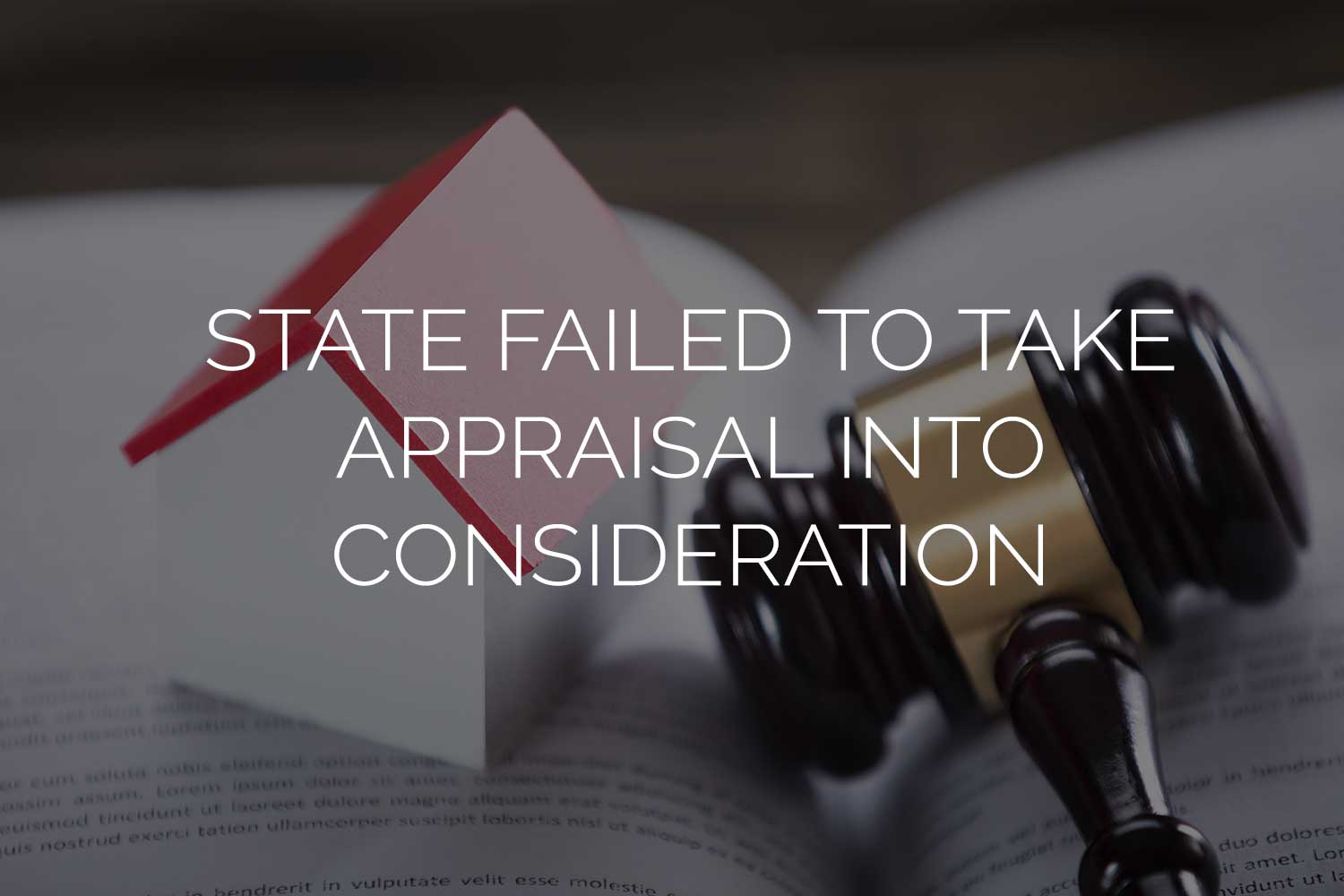
In a postdeath trust administration, beneficiaries are often most concerned with the distribution of assets. Who gets what and when? Trustees, and attorneys counseling trustees, must recognize the importance of when, or more importantly, when not to distribute trust property. The trustee’s proper timing of final distributions to beneficiaries can make all the difference in whether a trust administration concludes smoothly or becomes unnecessarily complicated. Generally, distributions should not be made until all debts and taxes have been paid and any remaining expenses of administration are reasonably accounted for with a reserve.
Payment of Debts
The trustee must first ascertain and settle the decedent’s debts in order to accurately evaluate the assets available for distribution. Ideally, prior to making distributions, the statutory creditors’ claims period has expired in the course of a related probate proceeding or under applicable state law, all valid creditors’ claims have been satisfied or otherwise settled, and creditors are barred from filing further claims against the decedent’s estate. If the assets of the grantor’s probate estate are insufficient to satisfy valid creditors’ claims, the assets of the grantor’s revocable trust are subject to such claims under Section 505(a)(3) of the Uniform Trust Code (UTC). Because the revocable trust functions as a will substitute, it is appropriate that the assets of the revocable trust are subject to such claims...download free article to continue reading.
Payment of Taxes
The trustee must pay all remaining income, estate, and other tax liabilities of the decedent and the decedent’s estate to properly assess the assets remaining for distribution to beneficiaries. The tax filings most commonly involved in estate and trust administrations include the decedent’s final individual income tax return (Form 1040) and any required returns not filed for preceding years. Even if not otherwise required, an individual income tax return must be filed to obtain a refund if taxes were withheld from salaries, wages, pensions, or annuities, if estimated tax was paid, or if the decedent is entitled to other credits that result in a refund...download free article to continue reading.
Setting Aside a Reserve
After payment of all debts and taxes and prior to beginning the asset allocation process, the trustee must determine an appropriate reserve. The reserve is typically a designated amount within the administrative trust account that reflects an estimate of the remaining expenses of administration, legal fees and costs, accounting fees, fiduciary commissions, carrying costs for assets not liquidated, and potential adjustments to tax liabilities. In deciding upon a reserve amount, it is best to be conservative and overestimate the amounts needed for the remainder of the administration...download free article to continue reading.
Founded by attorneys for attorneys, WealthCounsel has been helping estate planning and business law attorneys practice excellence for over 20 years. Subscription-based membership benefits include education resources tailored to every experience level, superior estate planning and business law document drafting software with Wealth Docx® and Business Docx®, a streamlined solution for trust administration with Wealth Tracx®, a vibrant community of thousands of attorneys, and thoughtful analysis on breaking industry news.




